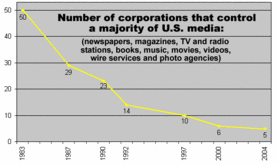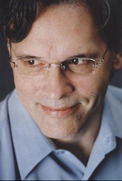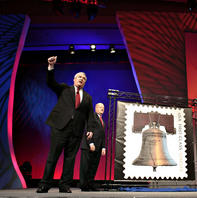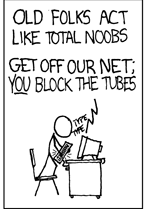
While we’re on the general subject of
postal and Internet rates and a free press,,
let’s look at who owns the U.S. media:
In 1983, 50 corporations controlled the vast majority of all news media
in the U.S. … When the 6th edition of The Media Monopoly was published
in 2000, the number had fallen to six. Since then, there have been more
mergers and the scope has expanded to include new media like the Internet
market. More than 1 in 4 Internet users in the U.S. now log in with AOL
Time-Warner, the world’s largest media corporation.
In 2004, Bagdikian’s revised and expanded book, The New Media Monopoly,
shows that only 5 huge corporations — Time Warner, Disney, Murdoch’s
News Corporation, Bertelsmann of Germany, and Viacom (formerly CBS) —
now control most of the media industry in the U.S. General Electric’s
NBC is a close sixth.
—
Number of corporations that control a majority of U.S. media,
Media Reform Information Center,
accessed 21 June 2007
This might be worth remembering the next time you hear that
the market will sort out any problems and there’s no need for regulation.
Would that there were a market so that that could be true.
-jsq
 Cringely gets pessimistic:
Cringely gets pessimistic:






 This make me wonder:
This make me wonder: